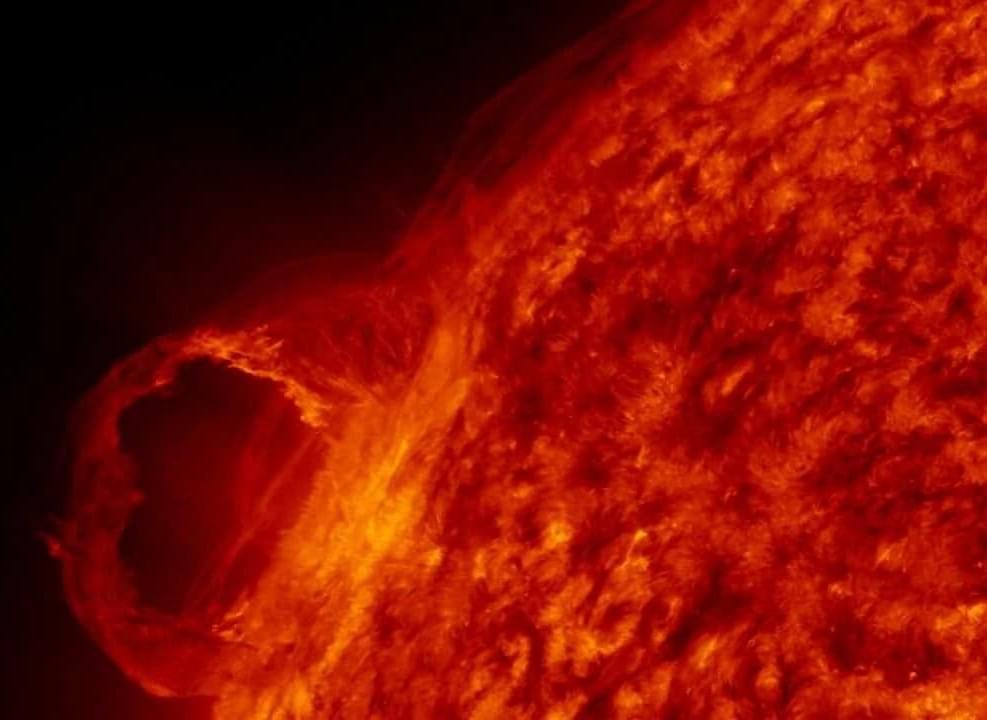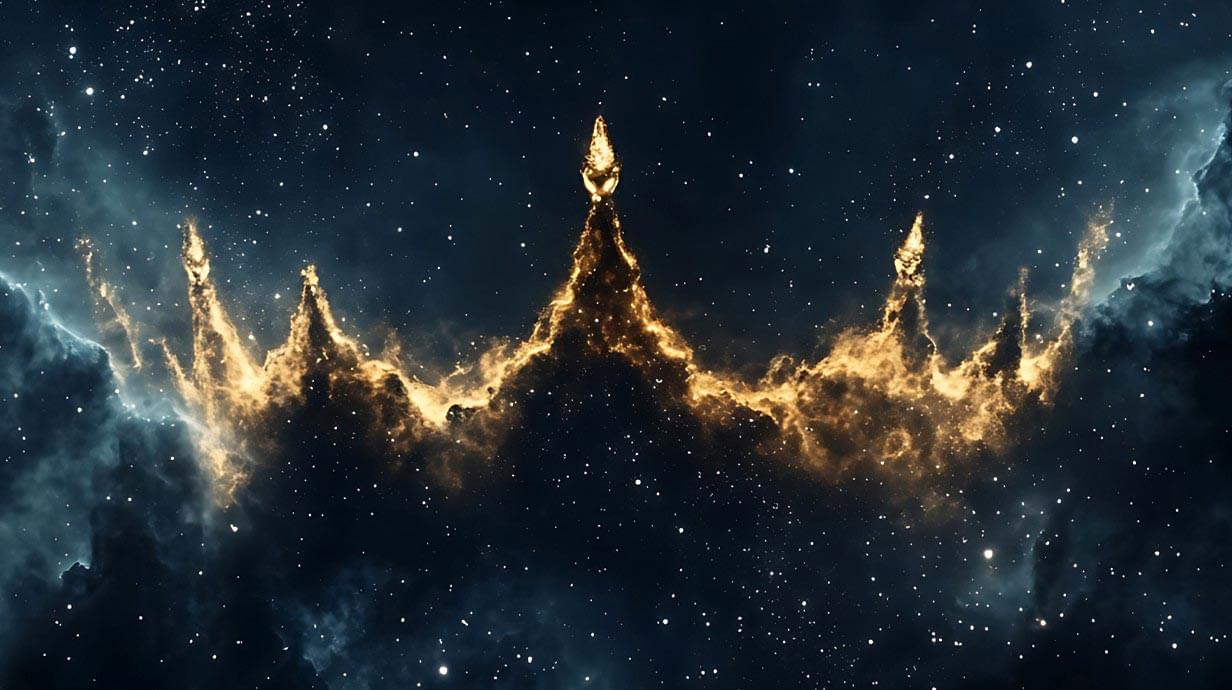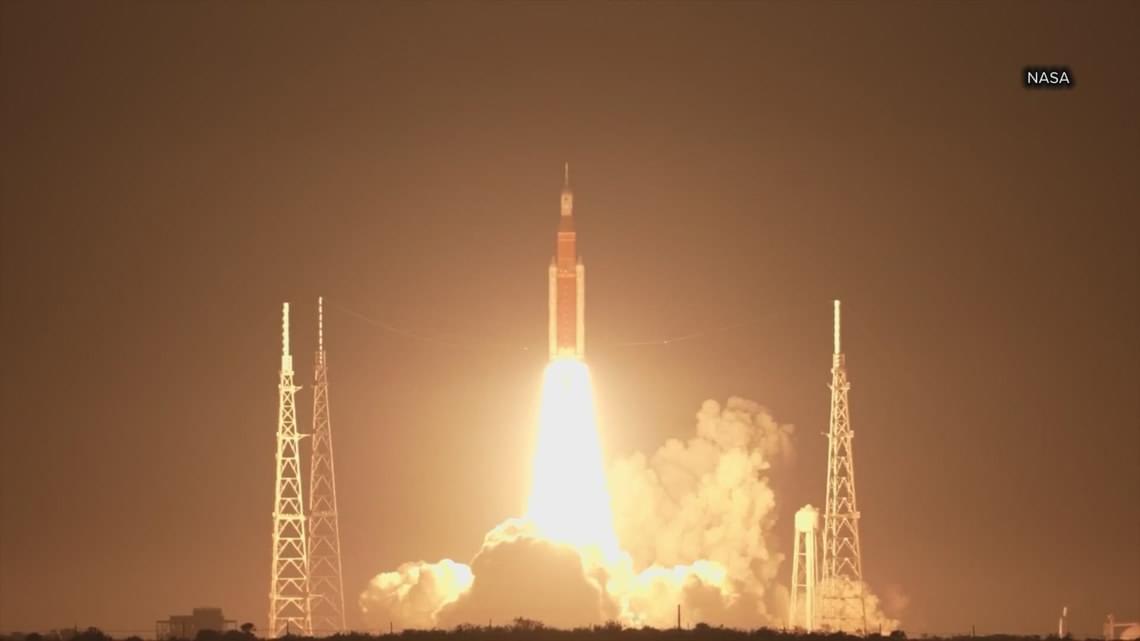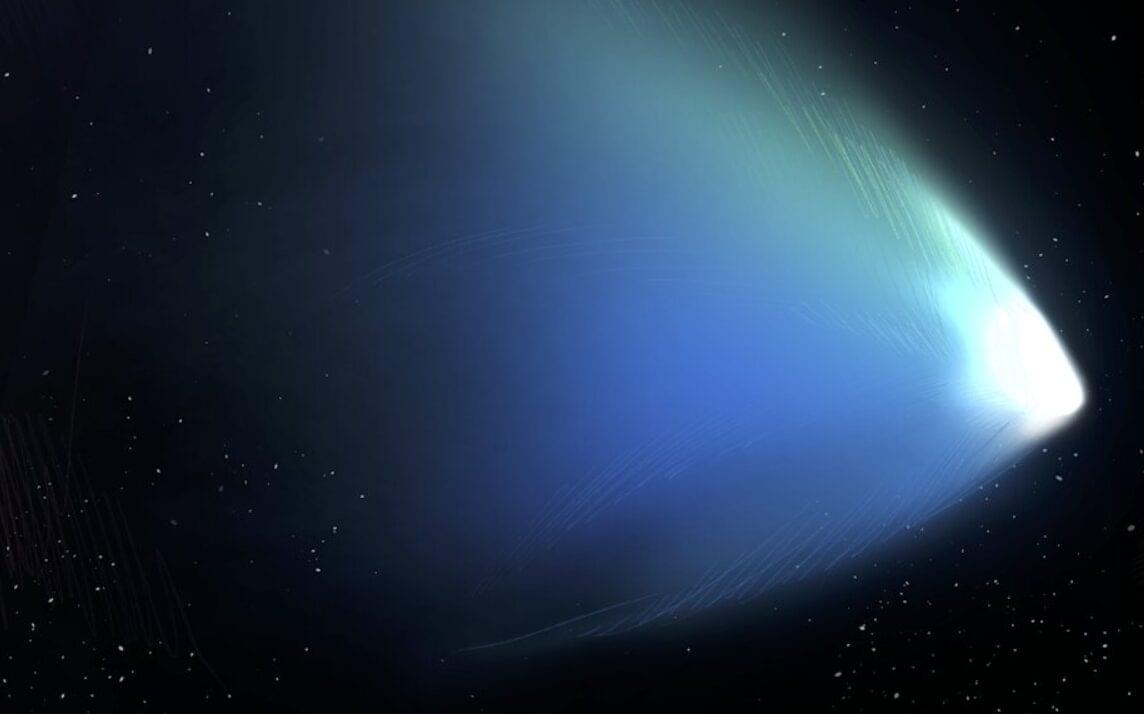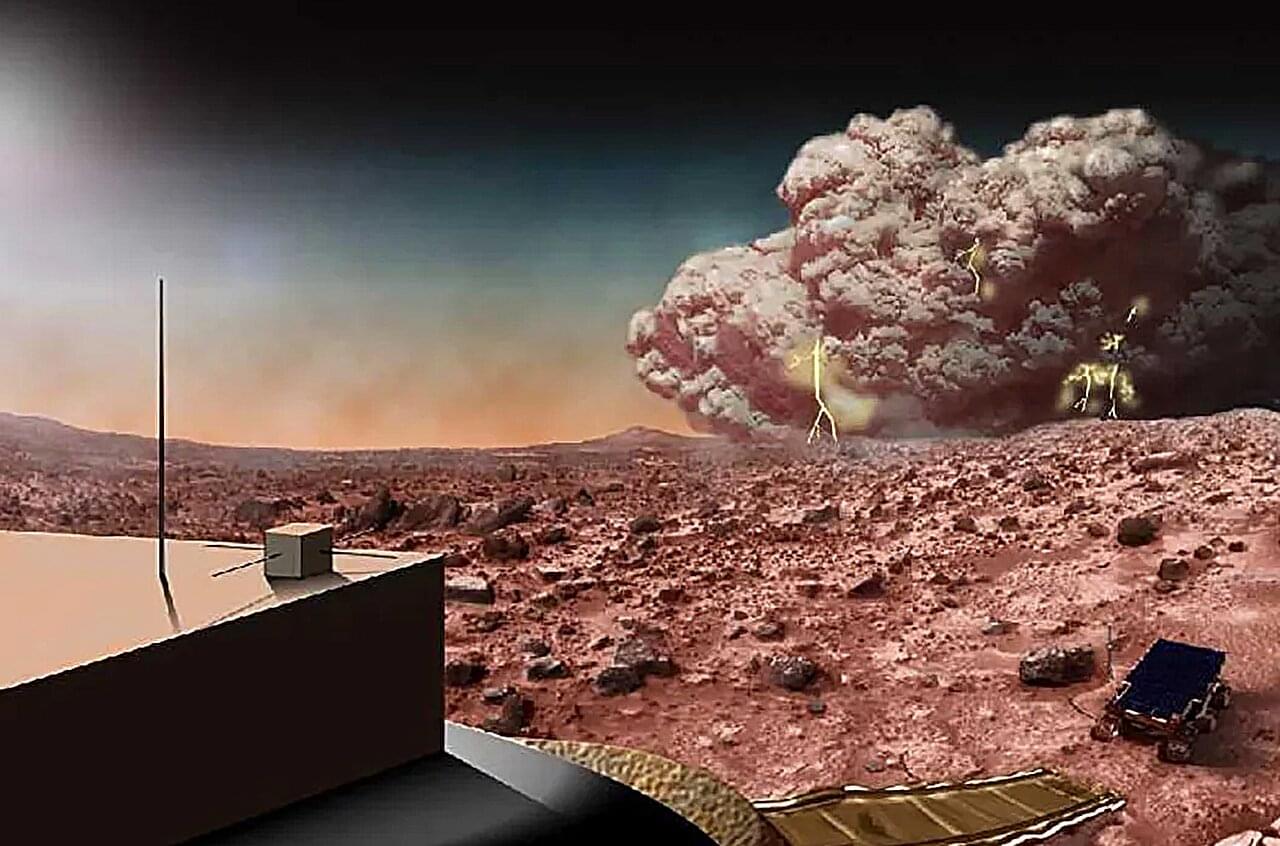A new artificial intelligence tool developed by researchers at the University of Hawai’i (UH) at Mānoa is making it easier for scientists to explore complex geoscience data—from tracking sea levels on Earth to analyzing atmospheric conditions on Mars.
Called the Intelligent Data Exploring Assistant (IDEA), the software framework combines the power of large language models, like those used in ChatGPT, with scientific data, tailored instructions, and computing resources.
By simply providing questions in everyday language, researchers can ask IDEA to retrieve data, run analyses, generate plots, and even review its own results—opening up new possibilities for research, education, and scientific discovery.



